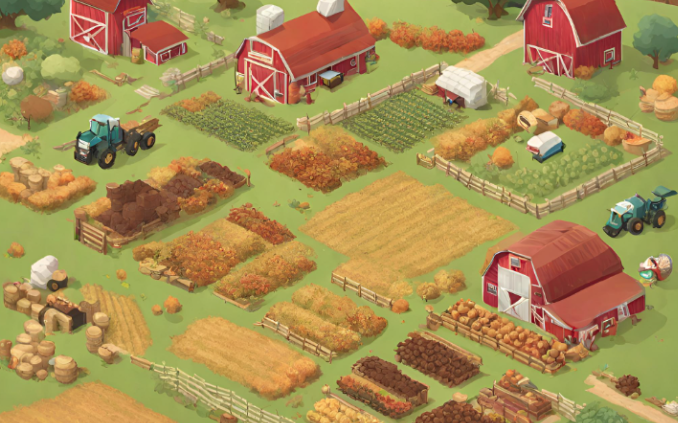This article was prepared for Irwin Legal with the assistance of Mr Sami Abbas.
Inheritance ordinarily refers to any entitlement to the property of a deceased person, whether by a will or acquired under an intestacy (i.e. where no will existed). In Western Australia, inheritance claims which are not covered by the terms of a will or the rules for an intestacy are governed by the Family Provision Act 1972 (WA). The legal framework is designed to assist individuals falling within specific categories (e.g. de facto partners) to alter the distribution of a deceased person's estate from what is stipulated in the last valid will (or, in the case of intestacy, by the Administration Act 1903 (WA)).
Those eligible to seek modifications to the deceased's will typically include:
(a) the spouse (whether married or de facto);
(b) children of the deceased (including those yet unborn);
(c) a former spouse who is entitled to maintenance at the time of the deceased's death; and
(d) grandchildren who were maintained by the deceased, or whose parents passed away before the deceased grandparent.
The dynamics of inheritance become notably intricate in the context of family farms, particularly concerning testamentary promises. In the realm of family-owned farms, testamentary promises often arise in caregiver 'contribution' situations, where individuals (especially sons) might expect a reward for their substantial contributions to the farm's development. This expectation is heightened when a son, having dedicated a significant portion of his life working on the farm for nominal or no wages, receives assurances from his father that he will inherit the family farm. Such promises serve as a powerful incentive for the son to invest in the farm's growth. Any suggestion that this commitment might not be honoured could potentially discourage the son's involvement, possibly leading to the neglect of the farm. [1]
The tradition of sons leaving school early to join their fathers in the agricultural sector is a standard narrative in family farming. They are often driven by a desire to uphold the family legacy or to perpetuate the family name of the farm. These sons sometimes often undergo extensive training to engage in physically demanding work for long hours, all while receiving a comparatively low wage. This practice reflects a deep commitment to sustaining the agricultural traditions passed down through generations and a dedication to the continuity and success of the family farm.[2] The son's involvement is not merely a labour contribution, but an investment in the cultural and economic fabric of the family, forging a connection between past, present, and future generations engaged in the family's agricultural heritage.
For further insight into this area of law, we refer you to the article Testamentary Promises, Family Provision and Family Farmers by Malcolm Voyce. It is a helpful resource about testamentary promises in the context of succession to family-owned farms.[3]
[1] Clive Potter and Matt Lobley, ‘Aging and Succession on Family Farms’ (1992) 32 Sociologia Ruralis 317.
[2] Jan Douwe van der Ploeg, ‘Styles of Farming: An Introductory Note on Concepts and Methodology’, in Jan Douwe van der Ploeg and Ann Long (eds), Born From Within: Practice and Perspectives of Endogenous Rural Development (Van Gorcum 1994) 7.
[3] Malcolm Voyce, ‘Testamentary Promises, Family Provision and Family Farmers’ (2014) 8 Elder Law Review 1.
Disclaimer: The information provided here is for educational purposes only and should not be considered as legal advice. If you are named as an executor or administrator of a deceased estate, Irwin Legal can assist you in administering the estate. We recommend contacting us on (08) 9221 8337 or at admin@aristei.com.au if you wish to speak confidentially about your situation and seek legal assistance. Legal matters can vary based on laws and regulations, and seeking professional advice for your situation is important.
